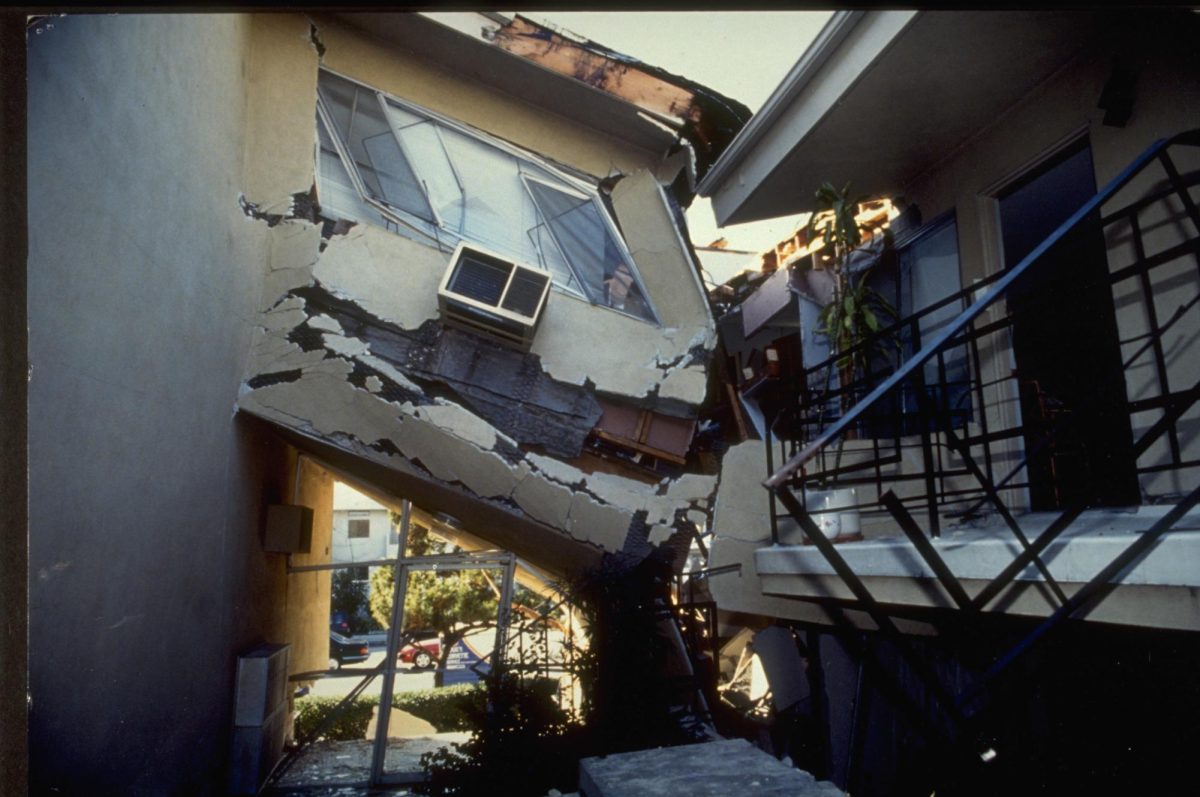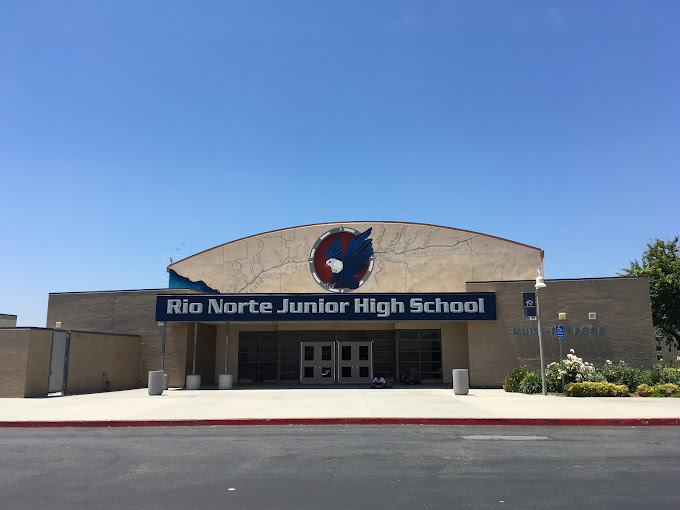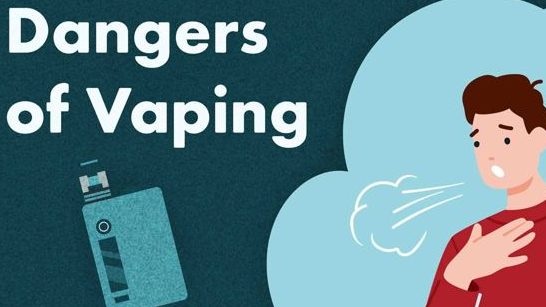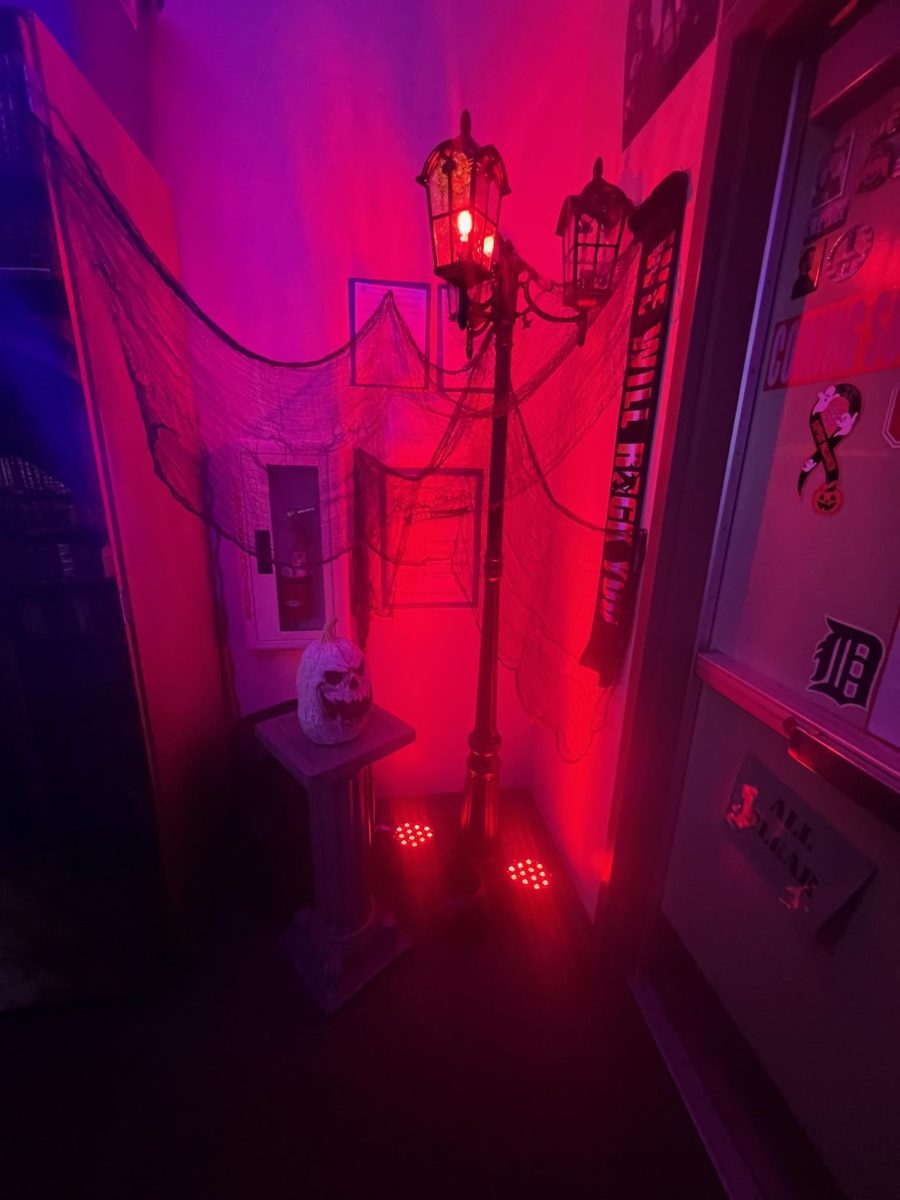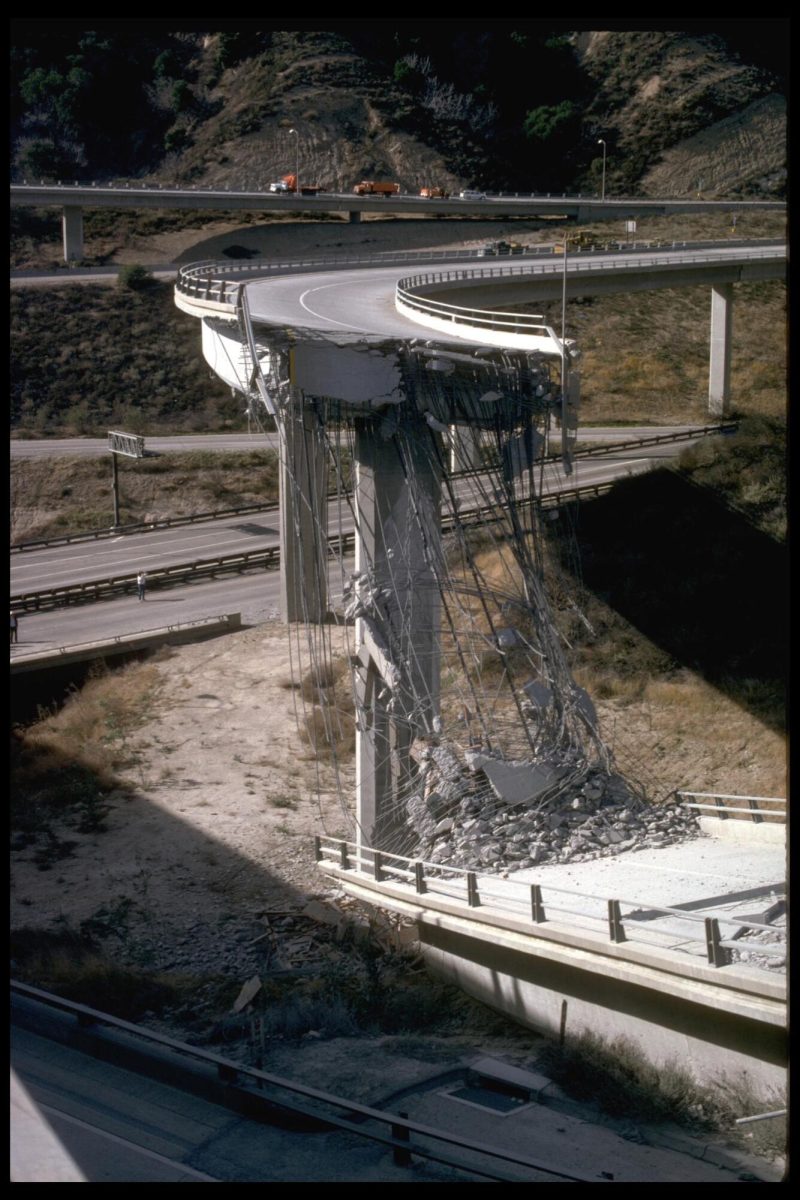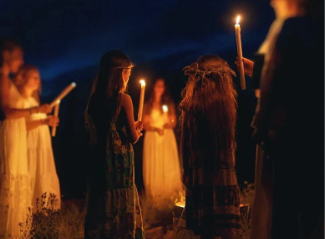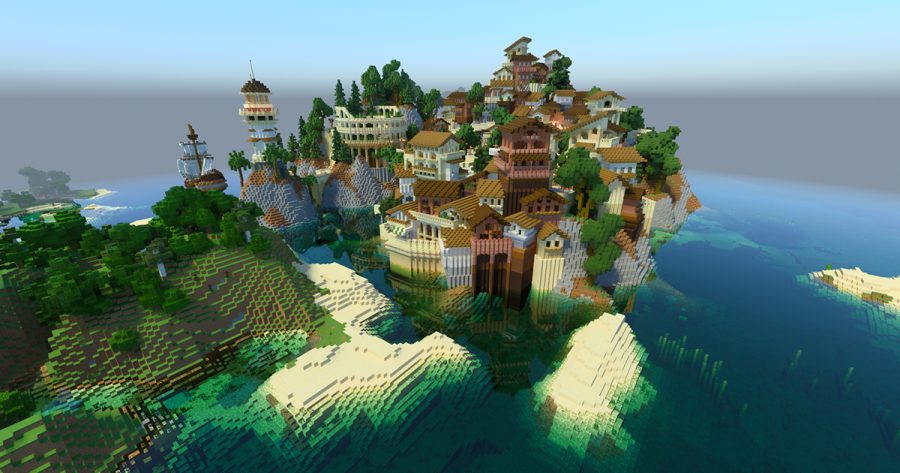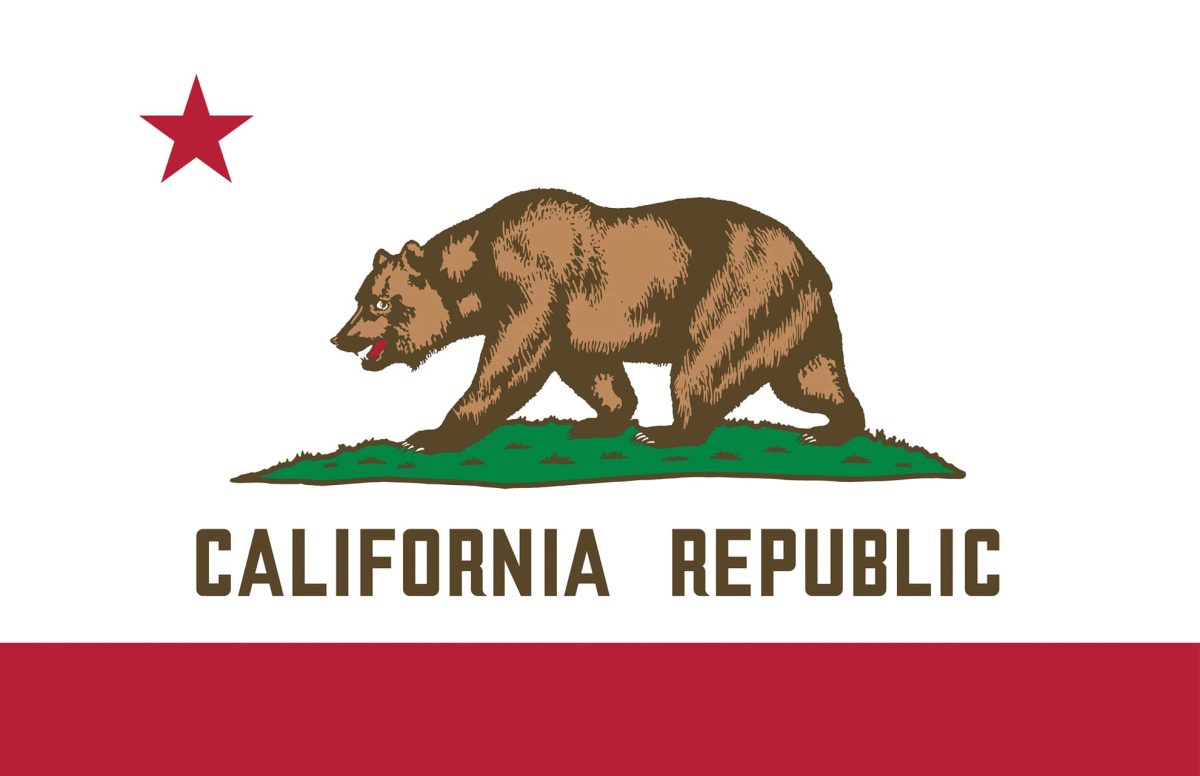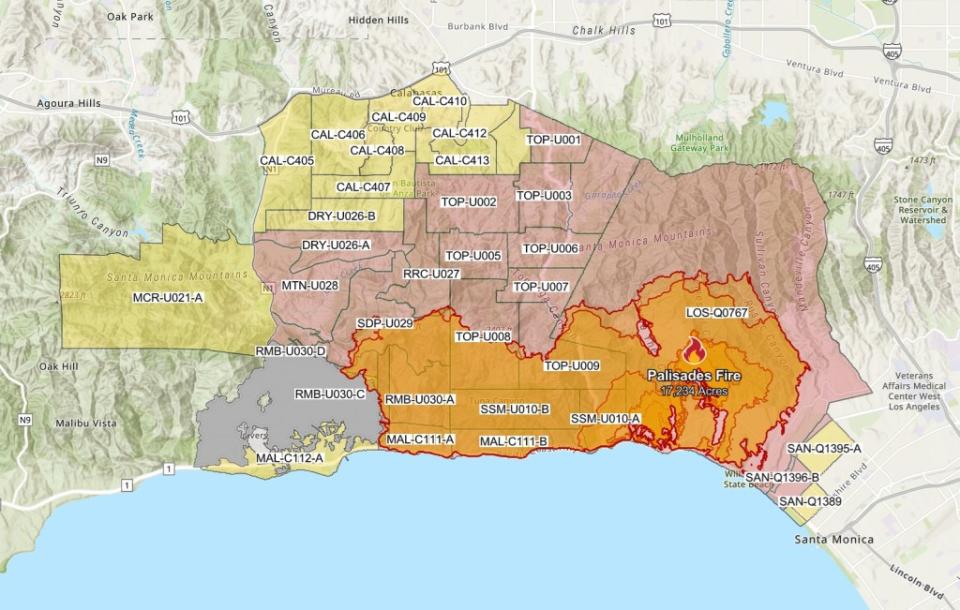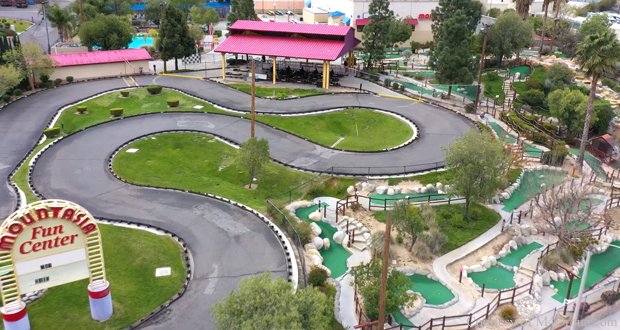Imagine you’re in school, at your desk, then suddenly you feel the ground shaking. You stress out, and your body gets nervous. Well, don’t worry, I have a full guide on what to do during emergencies. During all emergencies, the top priority is to remain calm. Leave items and get away from the situation as fast as possible. Risking your life isn’t worth a phone or something. According to Malcolm Turnbull, disaster expert, “We learn from every natural disaster. Whether it’s a fire or a flood, we learn something from it, so we can respond to the next one better”. Natural disasters can happen anytime, anywhere. That’s why we need to be prepared for it.
Earthquakes can be scary, and that’s why we need to prepare for them. Earthquakes shake a lot, and debris, bricks, powerlines, can fall on you. But don’t worry, because you’ll be a pro at this once you read this. First, if you are inside and feel shaking, stop whatever you’re doing and get under a sturdy table. Even after you feel the shaking stop, it’s only temporary. Stay put until you get an all clear, because there could be aftershocks. According to Charles Francis Richter, a seismologist, “As seismologists gained more experience from earthquake records, it became obvious that the problem could not be reduced to a single peak acceleration. In fact, a full frequency of vibrations occurs”. After you escape safely, you should go to an open area with no powerlines or buildings, for example, in the middle of a soccer field. This strategy is good because if there are loose bricks on buildings or loose powerlines, they could fall on you. 2nd, the easiest, if you are outside, run to an open area like a baseball field.
Now let’s talk about wildfires. Wildfires are dangerous and can start anywhere that is dry. Sometimes people stay in their house and think they can use a hose and protect themselves and their house. That is not a good strategy, because if you are not a firefighter, you won’t know how to safely put out the fire, and you could end up losing your life. Park Williams, a climate scientist at the Lamont-Doherty-Earth Observatory, stated, “No matter how hard we try, the fires are going to keep getting bigger, and the reason is really clear. Climate is really running the show in terms of what burns. ” Now you might think that you would want to live by a beach where it is moist, right?
Well, tsunamis can also happen. How do you find out that a tsunami is going to come, you may be wondering? Number 1, listen to the weather news. Number 2, if you see the water going back, then you’re in danger. Tsunamis tend to draw back before the big hit comes.
If you are far out at sea, you probably wouldn’t notice it because the tsunami gets bigger as it gets closer to shore. The first wave isn’t always the biggest. Some waves after that could be bigger.
Remember, if you listen to the radio, know what situation is happening, and know how to escape, then there is a higher chance of survival. In California, tsunamis can occur at any time around the coast.
